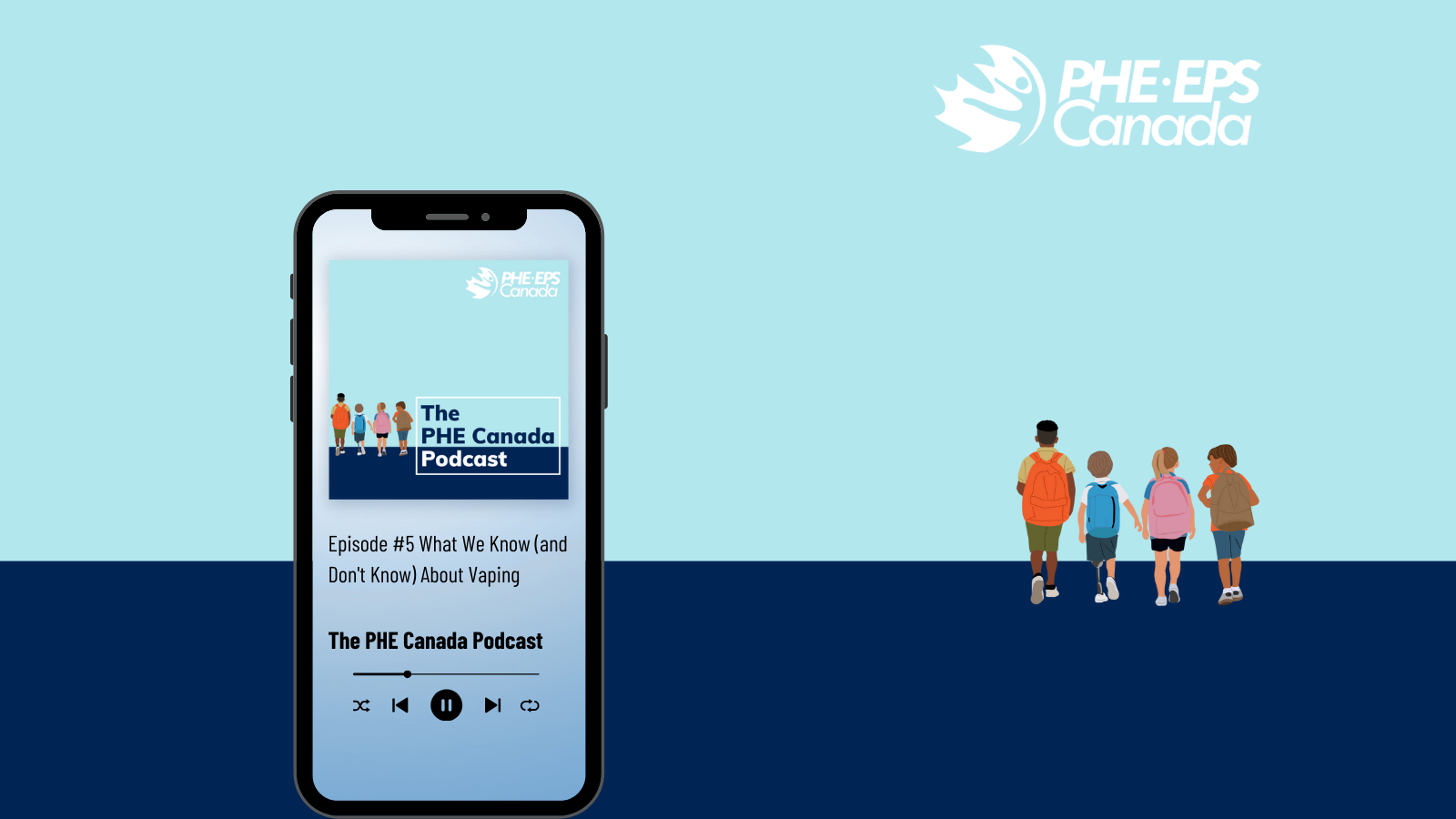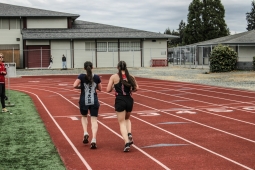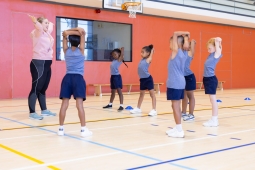The PHE Canada Podcast, Episode 5: What We Know (and Don't Know) About Vaping

Did you know that about 15% of high school students have been vaping in the last month and around 35% of youth between the ages of 15 to 19 in Canada have vaped?
Welcome to The PHE Canada Podcast! In the fifth episode of our podcast, we speak with Dr. Tea Rosic, Child & Adolescent Psychiatrist at the Children’s Hospital of Eastern Ontario (CHEO) and Clinician-Investigator at the CHEO Research Institute and the University of Ottawa, and Ryan Fahey, Lead, Programs & Resources at PHE Canada, who works closely with school communities taking a comprehensive school health approach to address commercial tobacco use and vaping in their schools through the Students Together Moving to Prevent Tobacco Use (STOMP) program. Alongside our host, Josh Read, our guests open a dialogue around the issues we are seeing across the country - as early as elementary school. Dr. Rosic and Ryan share their unique perspectives and insights on navigating the complexities around vaping and nicotine amongst youth such as:
- How withdrawals can impact the school day;
- Challenges educators are facing;
- Strategies educators and schools can use when supporting students;
- Tools to address vaping in your school;
- Youth vaping statistics and prevalence in Canada, and much more!
Check out the following resources discussed in the episode:
- STOMP Hub
- Not An Experiment
- STOP program by CAMH
- QUASH App
- Canadian Tobacco and Nicotine Survey (CTNS): Summary of results for 2021
- The Ontario Student Drug Use and Health Survey (OSDUHS)
Additional Canadian Vaping Statistics:
- As of 2020, 5.2 million Canadians aged 15 and 19 had vaped and more than 1 in 3 of high school aged youth vaped within 30 days of reporting. (CTNS, 2020)
- 1/3 of youth aged 15-19 who vape cited their main reason for vaping in the past 30 days was to reduce stress. (CTNS, 2021)
- Among youth aged 15 to 19 who used a vape, most (55%) reported buying their devices from a friend or family member, asking someone else to buy them for you, and having a friend or family member give or lend them to you. (CTNS, 2020)
- The prevalence of trying vaping at least once among youth aged 15 to 19 was 35% (711,000). (CTNS, 2020)
- Among Canadians aged 15 years and older who used a vape in the past 30 days, 83.1% [95% CI: 78.6, 87.5] (1.3 million) reported vaping an e-liquid containing nicotine. (CTNS, 2021)










